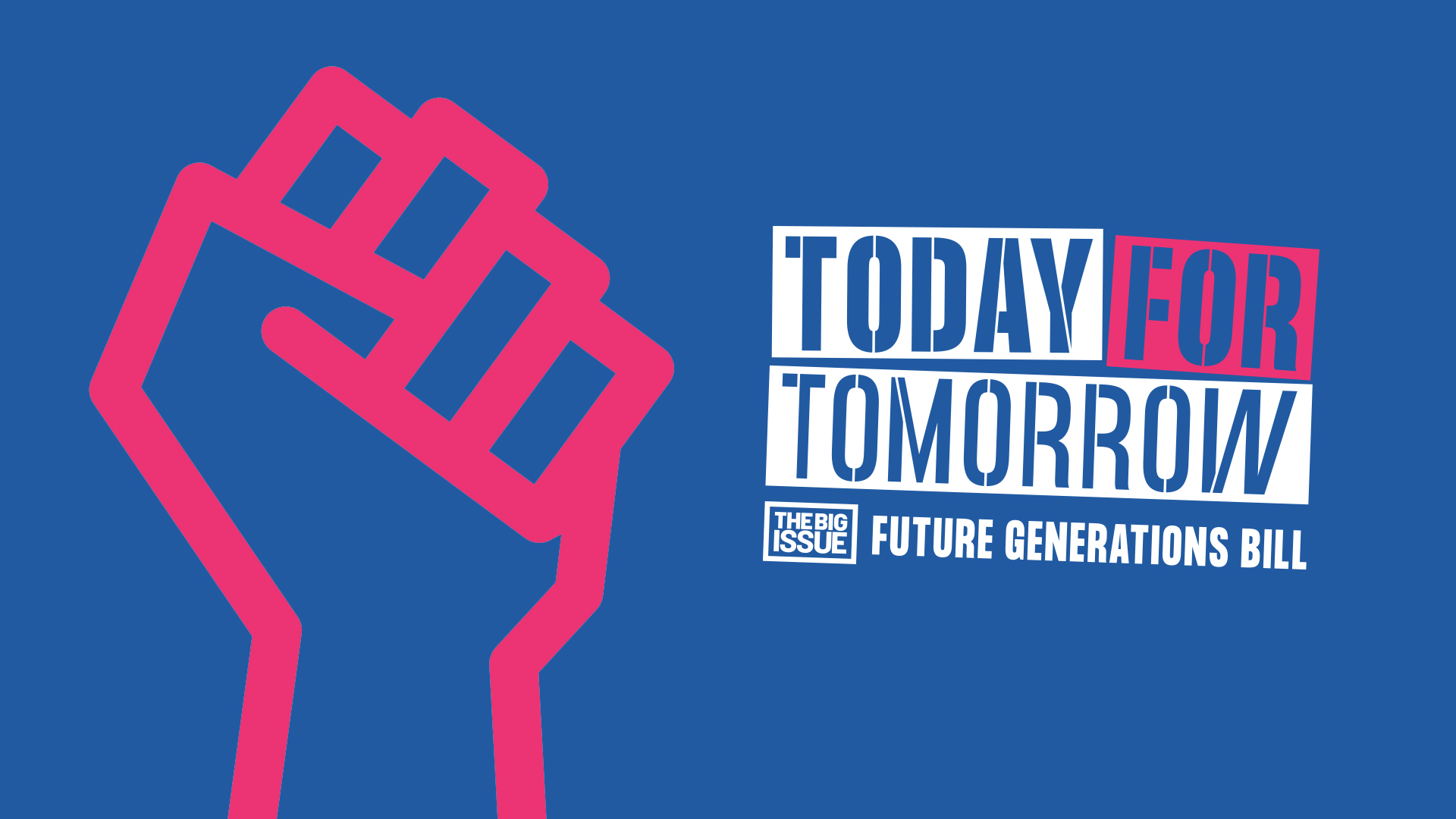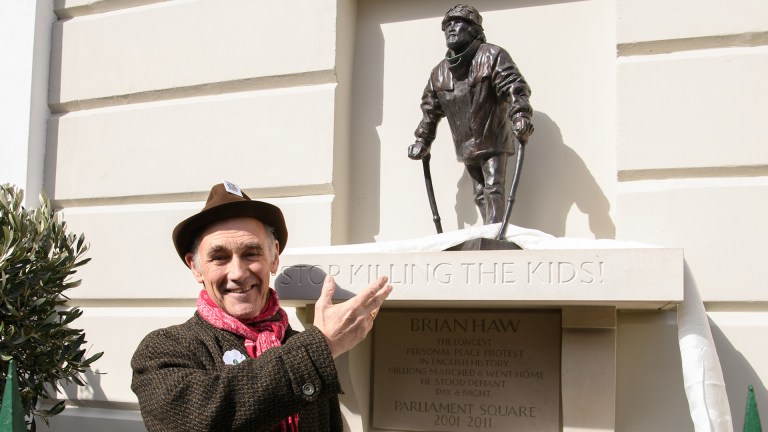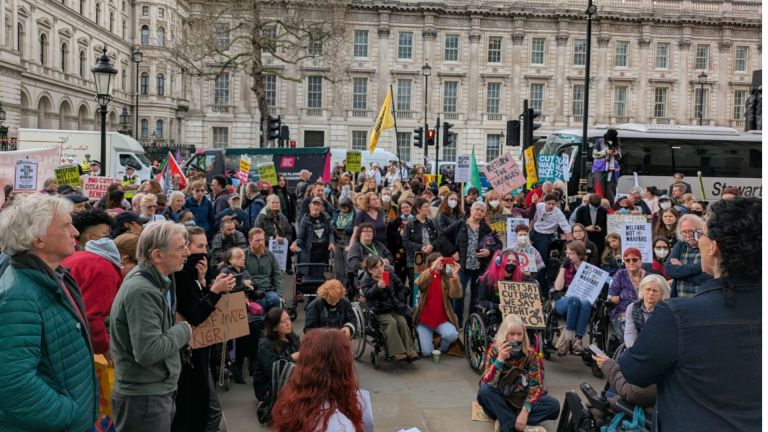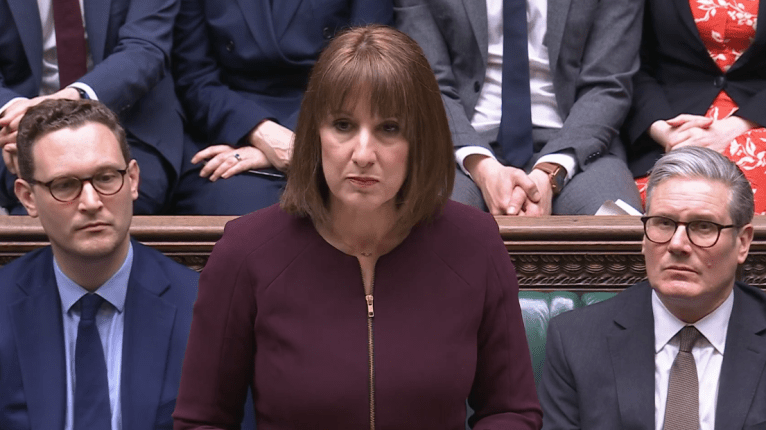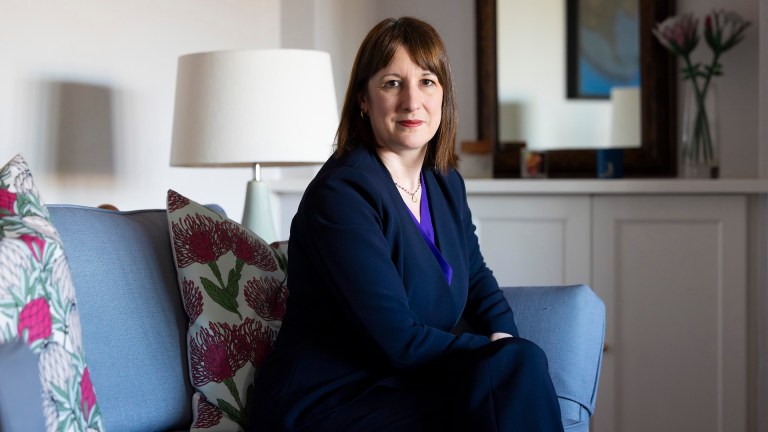If passed into law, the bill would require the creation of a UK-wide Future Generations Commissioner to scrutinise decisions and policies to ensure that their future impact are taken into consideration, inspired by the existing Welsh act. In addition, the legislation will require a joint-parliamentary committee to be set up on future generations.
Lord Bird said that the bill will encourage a new way of thinking that is “more grown up” than the decision-making we see today in Westminster.
“The bill that I’m proposing is, in my opinion, much more grown up, more together, more thoughtful than anything we do now because now we are having to put up with all sorts of things,” he said.
“I would like to find a way to get the government to wake up to the needs that we can’t leave this unsustainable thing where laws are created and then the damage is passed on to other generations. We cannot leave the damage and the despoliation that socially leaves, environmentally leaves and also leaves in terms of the generations and wellbeing of people yet born.”
Lord Bird’s bill was given cross-party backing in the two-hour debate, including a surge of support from Welsh peers. The draft legislation is modelled on the Well-being of Future Generations (Wales) Act 2015 which saw Sophie Howe become the country’s Future Generations Commissioner to scrutinise decisions.
Advertising helps fund Big Issue’s mission to end poverty
Baroness Kay Andrews gave the bill her backing, insisting: “One lesson we have to learn is that we have to have the courage to abandon the ways done things for 200 years.”
We intend to turn this into a very large movement that will sweep the government along with us
The Labour peer spoke of the importance of ensuring that the Future Generations Bill has “teeth like Gnasher from The Beano” to hold public bodies to account. She concluded that their legislation has given “a framework to do things better more effectively, more coherently and have the courage to think ahead and I think that any sensible government would embrace that.”
Crossbencher Baroness Ilora Finlay also backed Lord Bird’s bill and called the Welsh legislation a “moral compass” while former Newport City Council leader Baroness Ilora Finlay shared examples of how it had worked in practice in her city.
The Future Generations Bill received support from across the political spectrum with long-time supporter Baroness Jenny Jones of the Green Party speaking in favour while Labour peer Lord Anthony Giddens hailing its potential to be “bigger than The Big Issue.”
Conservative peer Lord Richard Balfe was impressed with the draft legislation’s bid to think long-term. He said: “One of the undoubted truths is that there is a lot of short-termism in society and that is largely because the generation that takes decisions is frequently lets the next generation pay for that decision.”
More support came from Baroness Floella Benjamin. The Liberal Democrat, who guest edited The Big Issue last year, called Lord Bird’s bill “a “measure fit for the 21st century and a rejection of top-down government in favour of an integrated model where wellbeing models will be set”.
Advertising helps fund Big Issue’s mission to end poverty
The Future Generations Bill will bring “cathedral thinking”, according to Astronomer Royal and crossbencher Lord Martin Rees. He said: “Unlike our forebears we know a great deal about our world. But all too often our focus is short-term and parochial. It would be shameful if we persisted in policies that denied future generations a fair inheritance.”
https://twitter.com/today4tmrrw/status/1238460285607907328
However, the bill did attract criticism from Baroness Karren Brady, who mentioned her concerns on how it would affect business’s “compliance burden” and called for a “market-led solution”.
And Lord Nicholas True – the Minister of State at the Cabinet Office tasked with providing the Government’s response – indicated that the government would not be supporting the bill. He cited “reservations” over the power that a Future Generations Commissioner would wield and over the creation of a new public body as well as pointing to the Government’s zero carbon by 2050 targets as proof of their commitment to sustainability.
In response, Lord Bird said: “We intend to turn this into a very large movement that will sweep the government along with us because we think that this is the beginning of really grown-up cognitive thinking around how we prevent the future from being a repetition of the many mistakes of the past.”
A date for the next stage of the bill’s passage through the House of Lords, the committee stage, is still to be confirmed.
Advertising helps fund Big Issue’s mission to end poverty
